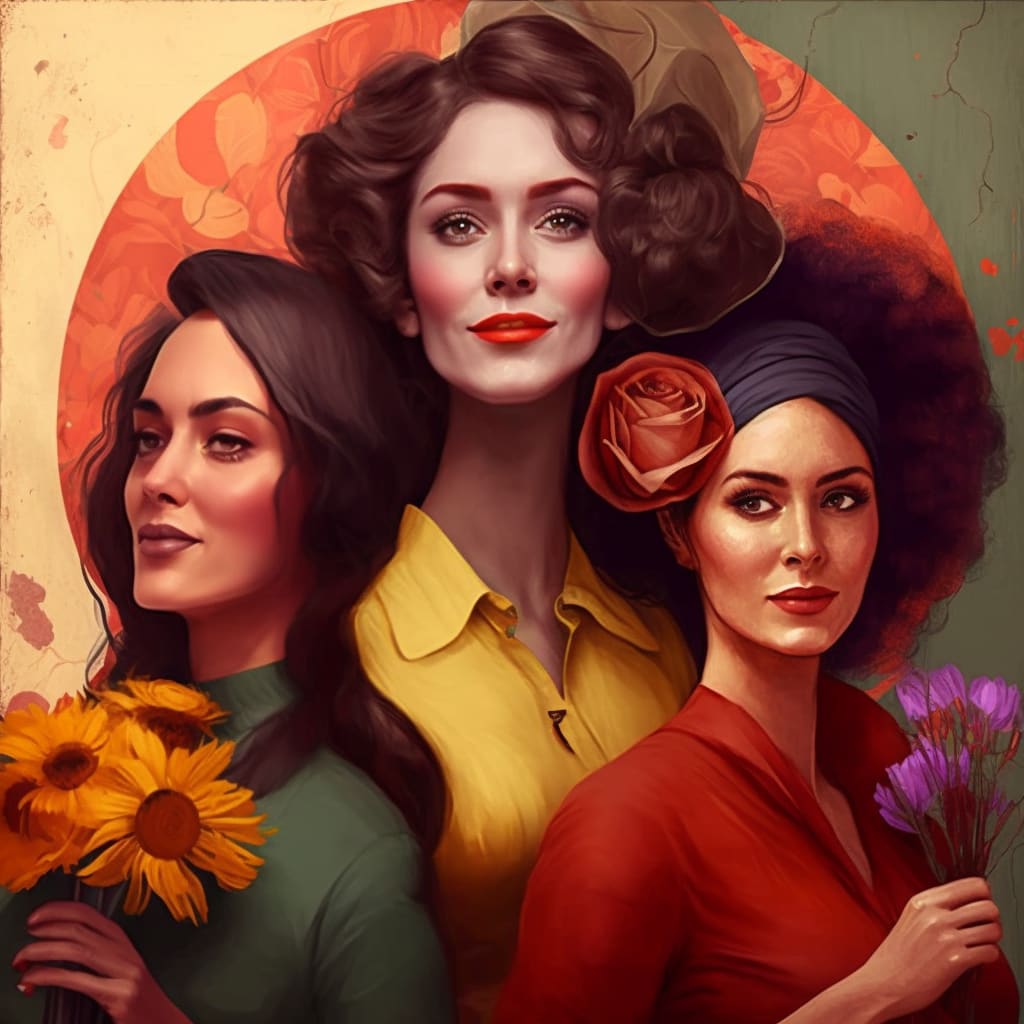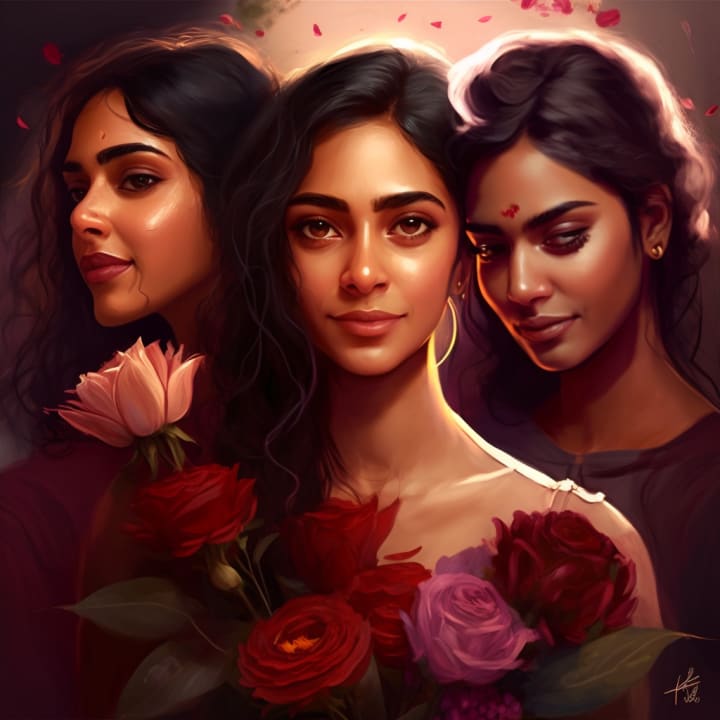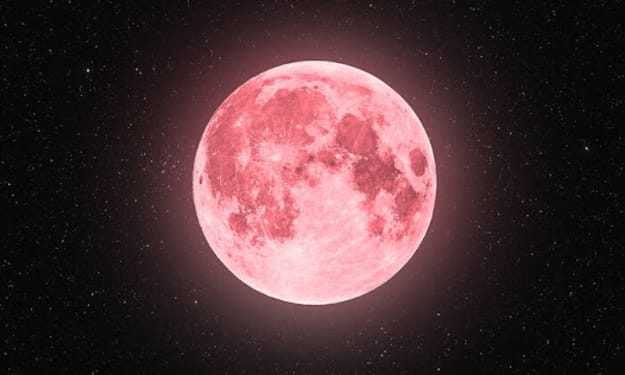International Women's Day
History of International Women's Day

International Women's Day (IWD) is celebrated annually on the 8th of March to commemorate women's social, economic, cultural, and political achievements. This day is a global celebration of women's struggle for gender equality and their fight against oppression and discrimination. It is a day to recognize the contributions of women to society and to renew the call for gender equality and women's rights. In this blog, we will delve into the history of International Women's Day, how it has evolved over time, and what it means for women around the world.
The Origins of International Women's Day:
The origins of International Women's Day can be traced back to the early 20th century when women began organizing to demand better working conditions, higher wages, and the right to vote. In 1908, a group of women in New York City organized the first women's march, demanding better pay and working conditions. The following year, the Socialist Party of America declared the first National Women's Day on February 28th to honor the women's march.
In 1910, at the International Conference of Working Women in Copenhagen, Denmark, German socialist and women's rights activist Clara Zetkin proposed the establishment of an International Women's Day. Zetkin's proposal was adopted by the conference, and International Women's Day was celebrated for the first time in Austria, Denmark, Germany, and Switzerland on March 19th, 1911. Over one million people attended rallies and demonstrations demanding women's rights, including the right to vote, work, and hold public office.

The Evolution of International Women's Day:
International Women's Day continued to be celebrated throughout Europe, and in 1913, it was first observed in Russia. On March 8th of that year, women in St. Petersburg took to the streets to demand an end to World War I and to demand "bread and peace." The event became known as the "March of the Women," and it marked the beginning of the Russian Revolution. In 1917, Soviet Russia declared March 8th a national holiday, and it has been celebrated as such ever since.
Throughout the 20th century, International Women's Day continued to be celebrated around the world. In the United States, National Women's Day was changed to Women's History Week in 1980, and in 1987, Congress declared March as Women's History Month. In 1975, the United Nations recognized International Women's Day and designated March 8th as a day to celebrate women's rights and promote gender equality.
Today, International Women's Day is celebrated in more than 100 countries around the world. It is a day to honor the achievements of women in politics, science, business, art, and many other fields, and to renew the call for gender equality and women's rights.
The Importance of International Women's Day:
International Women's Day is an important day for women around the world because it draws attention to the ongoing struggle for gender equality and women's rights. Despite progress in some areas, women still face discrimination and inequality in many parts of the world. Women are underrepresented in politics and business, they earn less than men for the same work, and they are more likely to experience violence and poverty.
International Women's Day is a day to celebrate the progress that has been made in women's rights and to renew the call for gender equality. It is a day to recognize the contributions of women to society and to honor their courage, resilience, and determination in the face of oppression and discrimination.
Throughout the 20th century and into the 21st century, International Women's Day has continued to be an important day for women around the world. It has evolved from a day of protest and activism to a day of celebration and reflection. Women's rights have come a long way since the early days of International Women's Day, but there is still much work to be done.
In recent years, International Women's Day has focused on issues such as gender pay inequality, reproductive rights, and violence against women. In 2017, the theme for International Women's Day was "Be Bold for Change," encouraging women and men to take action to accelerate gender equality. In 2018, the theme was "Press for Progress," highlighting the need for continued efforts to achieve gender parity.
One of the most significant events in the history of International Women's Day occurred in 2018 with the #MeToo movement. The movement began in 2017 as a social media hashtag, but it quickly spread around the world as women shared their stories of sexual harassment and assault. The #MeToo movement sparked a global conversation about the prevalence of sexual harassment and assault, and it led to increased awareness of the issue and calls for change.
International Women's Day has also become a day for celebrating the achievements of women around the world. Each year, International Women's Day recognizes women who have made significant contributions in various fields, such as science, politics, and the arts. It is a day to honor women who have broken barriers and paved the way for future generations.
International Women's Day has a rich history that spans over a century, and it continues to be an important day for women around the world. It has evolved from a day of protest and activism to a day of celebration and reflection, and it highlights the ongoing struggle for gender equality and women's rights.

As we celebrate International Women's Day each year, it is important to remember the progress that has been made and the work that still needs to be done. Women continue to face discrimination and inequality in many parts of the world, and it is up to all of us to continue the fight for gender equality and women's rights.
On International Women's Day, let us honor the achievements of women, recognize their contributions to society, and renew our commitment to the ongoing struggle for gender equality. Together, we can create a world where women are valued, respected, and given the same opportunities as men.
About the Creator
Doğukan Işık
Explore the world with my blog! Discover thought-provoking insights and unique perspectives on important topics that matter. Join me on this journey of discovery!






Comments
There are no comments for this story
Be the first to respond and start the conversation.